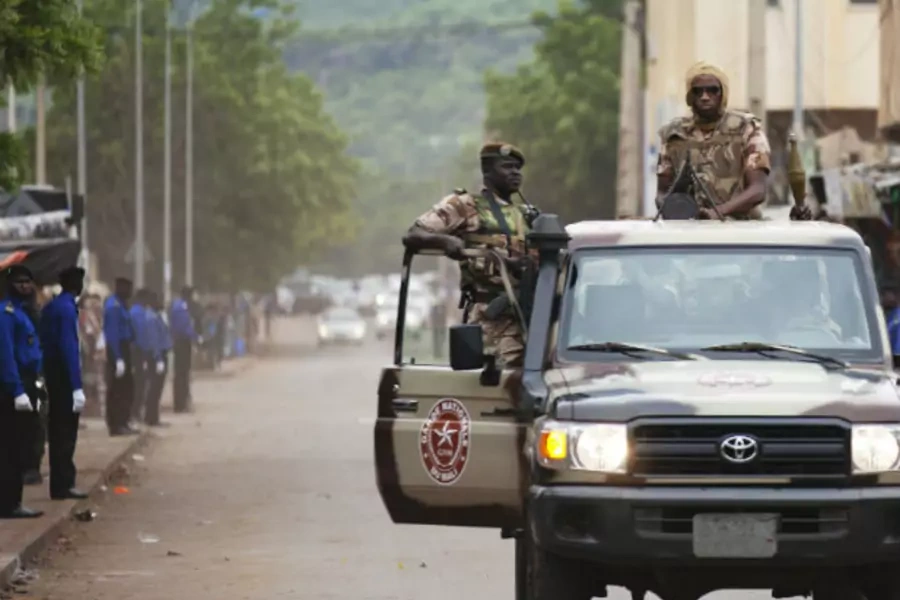More on:
On September 30, I posted “Mali and Tuaregs: Deja Vu All over Again?” The focus was on the breakdown of a peace process between the Malian government and three separatist Tuareg groups.
Since then, violence is back in the north. There was a suicide attack in Timbuktu that resulted in the death and injuries of several civilians and soldiers. Media reports are as yet unclear on the exact number of victims. The following day rebels exchanged heavy gunfire with Malian soldiers at Kidal, formerly a separatist stronghold. And on October 7, Deutsche Welle reported that Islamic militants shelled Gao, the largest town in northern Mali.
There is also a resurgence of discontent among some of the Malian forces. A group of soldiers fired shots at the Kati Military Base near Mali’s capital of Bamako, discontented over their lack of promotion. They had participated in the 2012 military coup that initiated the 2012-2013 crisis. The Defense Minister subsequently met with the soldiers, according to French media. I have seen no open-source reports as to the outcome.
Mali’s new president, Ibrahim Boubacar Keita, cut short a visit to Paris and returned home immediately following a meeting with French president François Hollande.
Al-Qaeda in the Islamic Maghreb (AQIM) claimed responsibility for the Timbuktu suicide bombs. Thus far, no group has claimed responsibility for the other incidents.
The jihadist movements that took over northern Mali in 2012 and threatened Bamako were driven out of the cities by the French, Malian, and other troops in 2013. When they controlled the north, the jihadists appear to have been disunited, with the radicals coming to displace the moderates. That disunity appears to persist now that they have gone underground. Following the Timbuktu suicide bombing, the Movement for the Liberation of Azawad (MNLA) repudiated the attack and appeared to blame it on its former partners, AQIM and the Movement for Oneness and Jihad in West Africa (MUJAO).
It appears that the principle elements of the previous crisis are back. But, violence, while also back, appears to be at a low level. And discontent within the Mali military does not appear widespread. But, President Keita needs to move quickly to address northern discontents. He was right to cut short his Paris visit.
More on:
 Online Store
Online Store
